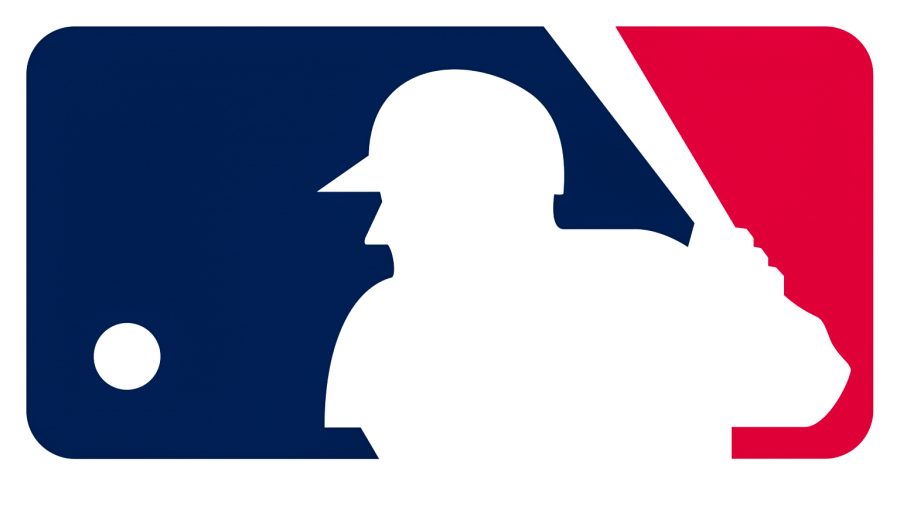It had been the baseball world’s worst-kept secret for months that, with the expiration of Major League Baseball’s Collective Bargaining Agreement following the conclusion of the 2021 World Series, the owners were likely to lock out the players in the absence of any potential agreement between the two sides. Unsurprisingly, the MLB owners and MLB Players’ Association did not come to an agreement before the Dec. 1 negotiating deadline, thus leading to the first work stoppage in MLB in over a quarter-century. Perhaps aware of the writing on the wall, there was a flurry of big-ticket free-agent signings before Dec. 1, including star middle infielders Marcus Semien and Corey Seager to the Texas Rangers, shortstop Javier Baez to the Detroit Tigers, perennial Cy Young candidate Max Scherzer to the New York Mets, reigning American League Cy Young award winner Robbie Ray to the Seattle Mariners, among others. MLB free agency has frequently been criticized for being too slow and lacking the explosive deluge of big-name signings like the National Football League or the National Basketball Association often has. Well, certainly not this year!
Now, I must draw a distinction as to what a “lockout” means in the context of sports. A “strike,”like the one that canceled the entire 1994 postseason, is instituted by the players. A “lockout” is instituted by the owners when the players refuse to accept the terms of a bargaining offer. So, you might be asking, what is behind this labor strife? Well, that’s a complicated question that doesn’t have just one specific answer, so I will do my best to try and explain the causes behind it.
A casual person might think, “What do baseball players have to complain about? They make more money than any other athlete in the other three major U.S. sports!” That is true, to a certain extent. While baseball players do, on average, command higher salaries due to the sport’s lack of a salary cap, only a small fraction of players, such as superstars, will ever genuinely break the bank. A big reason for this is baseball’s salary structure; to qualify for free agency, a player has to have at least six years of “service time,” or six full seasons in the majors before they can become a free agent. One major gripe that the players have against the owners is the pretty blatant manipulation of this service time that teams have been known to partake in. If a top prospect is clearly ready for the majors, teams will continue to hold him down in the minors, with the intent of delaying his free agency and postponing the inevitable date at which they, or some other team, would have to pay them.
Another major hang-up that the players have is the idea of teams “tanking,” or not even bothering to put a competitive team on the field. For example, the three teams with the lowest payrolls in baseball currently; the Cleveland Guardians at $29 million, the Baltimore Orioles at $29.4 million, and the Pittsburgh Pirates at $34.4 million all spend less on their entire team than what the Los Angeles Angels are currently paying their superstar, Mike Trout. Players, correctly, feel as if this lack of commitment to winning not only spits in the faces of those teams’ fan bases but also leads to player salaries being depressed. Therefore, they argue, more teams spending money on their rosters and trying to genuinely compete would be good for everyone: players, fans, and owners alike.
So, with all this being said, how long will this lockout last, and when, hypothetically, could the lockout end? Well, MLB Spring Training is still months away, and the potential for lost revenue on both sides could speed up any potential deal between the two sides. Still, the situation is very fluid and could take a while to sort itself out. And they better, because I want to see what the Boston Red Sox have in store for 2022!
MLB locked out as players and owners fail to reach agreement
December 11, 2021
About the Contributor
Jack Sherman, Sports Writer





















































